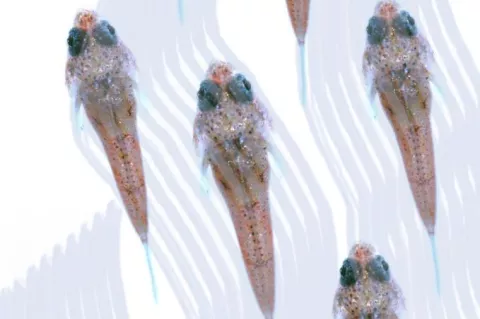Gobies camouflage better when alone
Gobies camouflage faster and better when they are alone, compared when they are with another goby.
Why is this so?
According to the findings published in the Royal Society Open Science journal, lone fish tend to be more vulnerable.













